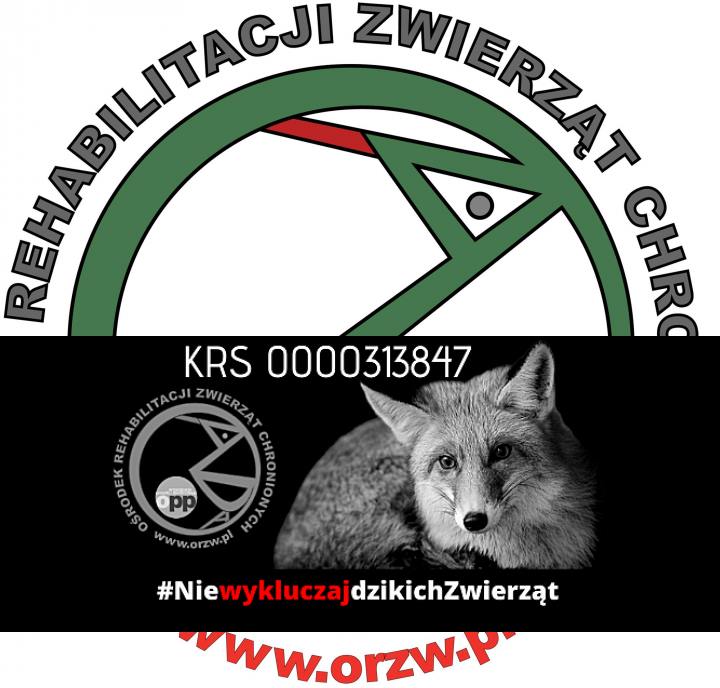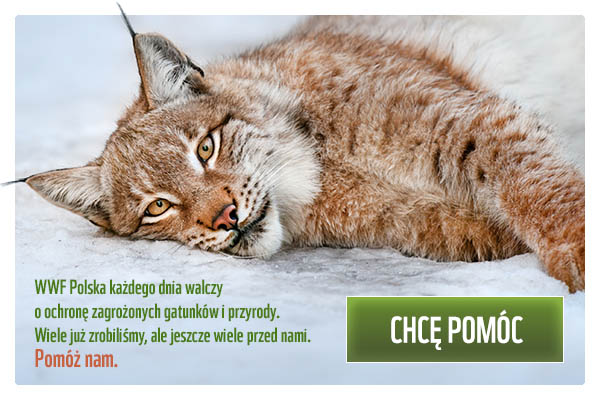Interview with Prof. Richard Frąckowiak
Prof. Richard Frąckowiak is one of the most respected biomedical scientists and the fourth most cited UK biomedical scientist in the decade 1990-99. Currently Vice Provost of University College London and Director of the Department des Sciences Cognitives (DEC), Ecole Normale Superieure in Paris where he works two days a week. The story of Richard’s achievements and passion for science from humble beginnings is truly inspirational. Proud of his Polish roots, a charming intellectual committed to making a difference around the world in the field of neuroscience.
Professor, can we start our conversation from your Polish roots? I was pleasantly surprised we first met and heard you speak Polish.
RF: This is old Polish (laughing). From time to time I travel to Poland and people are stunned when they hear me speaking a language that was used during the Second World War or shortly after. I was born in London and I learnt Polish here. My parents started to teach me first, then I went to Saturday school in the mornings. My Polish language is a bit detached from Poland.
So it was your parents who left the country?
RF: My father fought in the war on many front lines and he finally landed up with the 1st Armoured Division in Normandy and my mother fought in the Warsaw Uprising. After liberation from the concentration camp at Bergen-Belsen she came to England because she had a sister here. My parents met here and got married here.
What made you decide to study Neurology in 1970’s?
RF: I remember that I was 14-15 years old and we had such a wonderful GP who was Polish. He used to visit us quite often as he lived on his own. He had the most incredible experiences from the Uprising. He used to tell us very frightening stories about surgical operations that were performed with no anesthesia on kitchen tables where amputations were performed. It impressed me so much. I liked biology, chemistry, physics. I was fascinated listening to his stories and I started to become interested in these subjects. My parents obviously supported me a lot because when you are an immigrant to send your daughter or son to study medicine or law is a dream. I passed exams easily and I gradually liked it more and more. So, I left home to study in Cambridge. Next I spent three years studying at medical school in London. And one day I became a doctor. Then finally I started to understand the importance of science. Throughout the first years of studying I became interested in the brain. I remember when using the microscope, I saw the cerebral cortex in Cambridge for the first time. It was absolutely beautiful. I remember till this day looking through the microscope watching neurons and tissues and I was absolutely overwhelmed. I was looking for a job in neurology in a university hospital. Finally I was lucky and got the job I wanted.
As a doctor you participated in operations many times. What were your first impressions after the very first one?
RF: Brain operations are very boring. They are long and thee done a lot of meticulous work is done using the microscope. There were not that many of them before, things have changed in the past 25 years. Everything is very precise nowadays. But I remember the first operations I saw on a tumour or haematoma that had to be removed. It was very simple as you had to open the skull and then using a special instrument you cut and sucked out the unnecessary parts. It was impressive.
As I can hear in your voice Professor that Neurology is definitely your passion. Reactions of people who do not share the same profession are completely different.
RF: That is why I didn’t want to study Surgery and I chose Neurology because it more concise and interesting as a field of knowledge. A neurosurgeon sees a patient and can judge the results of his work straight away. He can see what he has done to the patient and can evaluate the outcome of his work. As far as neurology is concerned, especially in diagnostics, you may need to wait for the results of your work for years.
Which one of the neurological sciences are the most significant in your opinion?
RF: I have always worked in brain imaging. I am one of the pioneers in this area. Particularly I focused on the functional aspects of brain scanning not just mapping tumours or blood clots. I became very determined to understand how the brain functions, how all of its parts work together, which areas are responsible for thinking, emotions and our reactions. The most important thing has been how far imaging has developed and how much more we know about the brain nowadays. The brain is the core of everything; it coordinates our feelings and thoughts. These were areas which were previously analysed by philosophers. People finally understood that they are purely brain functions, dependant on physics, chemistry and neurobiology. It is fascinating how philosophy and neurology are beginning to work together.
Professor, your work for University College London on a permanent basis, but you are also a Director of the Department of Cognitive Sciences in Paris. These are not the only Institutions that you cooperate with. How much do you travel around the world?
RF: Yes, it is the Départment des Sciences Cognitives (DEC), Ecole Normale Superieure in Paris. I work there on Mondays and Tuesdays. In one department, we have a team of linguists, psychologists, philosophers, neurologists, neurobiologists and psychiatrists. It is so appealing when you can work on the same issues together. Neurology is very multidisciplinary.
UCL is an international, I would say a global university. We aim to recruit the best students and scientists from all over the world to continuously increase the standard of learning. As a Vice-Provost I am responsible for international cooperation in science. I suggested that we started to work with our colleagues from Paris because they have a very high neurological culture over there. Working together we have a critical mass which is one of the largest in the world. It works very well. One of the masters programmes offered for students is in Brain and Mind Sciences and it takes a year in Paris and a year in London. Then students graduate with a diploma accredited by both of the universities. From a researcher point of view, it is a very exciting job.
Do you travel a lot on business?
RF: I have some travel and lectures scheduled constantly. All in all, I spent one to two months abroad.
How do you keep your mind sharp and coordinate business travelling, research projects at the university and your family life?
RF: I have wonderful colleagues, excellent secretaries. My work is determined at a strategic level. What matters in scientific work is discussion, exchanging data, decisions and what experiments are carried out. I have a lot of young colleagues who want to come and work at UCL who are very interested in the projects that I carry out in London and Paris. In such circumstances you can organise everything well but you need a lot of energy. You need to build up a network of information and understand how one problem influences another and how everything interacts together.
It requires a lot of work.
RF: Yes, I work seven days a week. But I also relax at the same time. Private life can be very disorganised with such a work pattern, but also extremely interesting.
How do you manage to think creatively and keep your mind working so effectively being focused on researches and coping with so many duties at the same time?
RF: I am a bit weird because I like stress, that is, positive stress. I hate being bored. I am very unhappy when I am bored. Occasionally, when I have something different to do, when I have to write something for example, I can get by with sleeping only 4 hours at night.
As Vice Provost what you are doing to help prepare the next generation of scientists and doctors?
RF: This is the most crucial thing for us. We do have a drive for excellence at all levels of the university. We recruit the best students, the best researchers and supply the best equipment. We are determined to write the best papers. This culture is vital because it stimulates young people who are to be the best. We make sure young people have a lot of independence. We help them by opening certain doors so they can be promoted early in their careers. This is very important. Young people are the most creative, they think beyond the conventional framework, they have open minds and a lot of energy. These must be unleashed and given rein.
What is the proudest achievement for yourself?
RF: I built one of the most important laboratories of brain imaging in the world. Four out of the World’s ten best scientists in the field work there. This fact encapsulates the achievements and work of the last decade. I have dedicated the last twelve years to work at UCL in the laboratory at Queen Square. This is the work that fascinated me and brought me the most satisfaction. We found out a lot about the brain, many new methods were developed and that is why I regard this period as my proudest achievement.
The most difficult moment in your career?
RF: It was in the eighth year of being Director of the laboratory and I decided it needed a change it and so I resigned. It was a time to renew everything. I decided to delegate pass the baton to younger colleagues. People were very surprised about my decision. It was quite difficult. My colleagues’ reactions were positive, we still work together on many projects. It was difficult then but it was the right move. I think that you need to know when it is time to resign from something if only to continue to develop yourself and keep going forward.
What do you see as the challenges and opportunities for the next 20 years?
RF: I think it will be sources of energy and water. Ten-twenty years ago the forecasts said that there would be a scarcity of food, that doesn’t seem to have been correct. Things seem not to bother us personally when we look at them from a distance. I remember when my grandmother watched Neil Armstrong walking on the moon she said that it didn’t affect her life at all. But the world shrinks. Nowadays big issues are close to us and they seem to affect our everyday lives more acutely.
Neurology is closely tied with human brain functioning which is still a mystery regarding its abilities and capabilities it has. What would you tell our readers about it?
RF: Everyone of us has his own potential. It is not equal but each human being has his own skills and talents. You have to discover them. The most important thing is to be aware of your talents and know what you want to do with them. You have to reach out for your goal but you cannot be reckless. You need to be motivated but mustn’t be desperate.
Thank you very much for the interview and you time. I wish you good luck and all the best in everything you do.
Joanna Gulbińska





